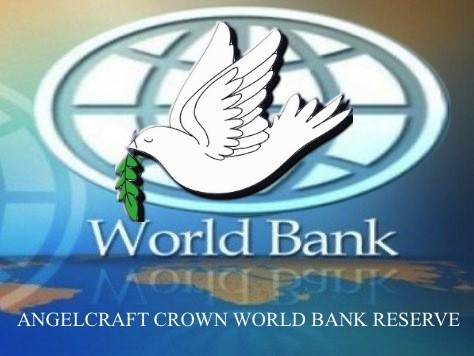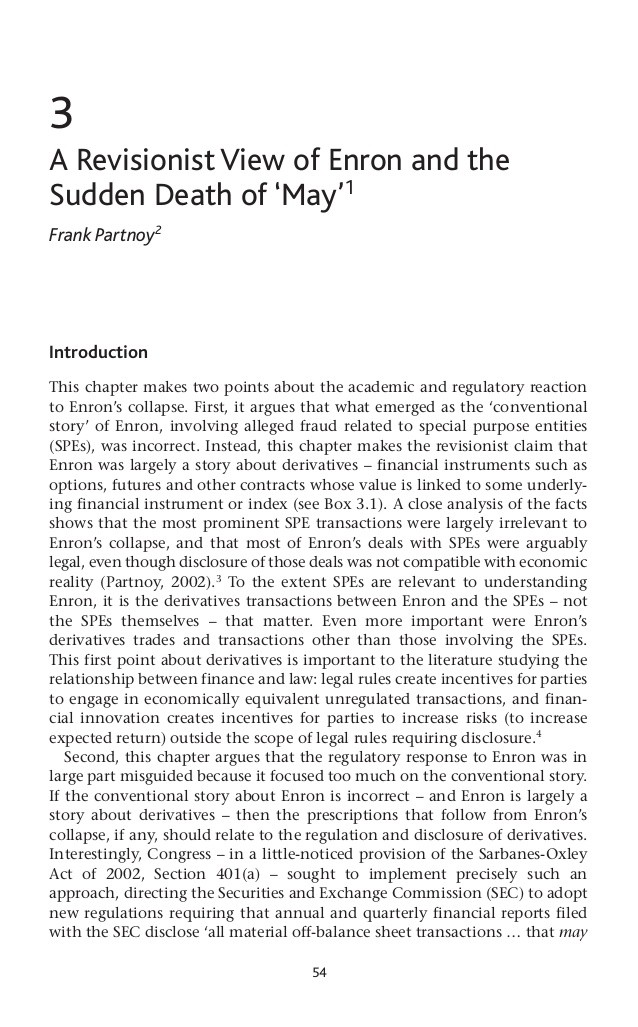The Murky World of OffBalanceSheet Items (Part 1) Citigroup Inc (NYSE C)
Post on: 26 Июнь, 2015 No Comment

In pitching his bailout plan to congress, Paulson promised greater transparency regarding the use of those funds. We need oversight, Paulson told lawmakers. We need protection. We need transparency. I want it. We all want it.» Then he reneged on that promise, forcing Bloomberg to file a lawsuit in order to gain access to information so as to determine where taxpayers money was being utilized and what securities were bring pledged in return. This led me to thinking about the murky world of Off-Balance-Sheet Items (OBSIs).
When one invests in a company, one ideally does due diligence of some sort to assess the risks faced and the returns you likely to be realized. However, it is clear from recent events that s hareholders are not being provided with all the relevant information needed to make informed decisions. If there was ever a time for greater transparency when it comes to Financial Statements, now would be that time given that the publics confidence in financial institutions has all but been eroded.
Take Citigroup (NYSE:C ) as an example. Just as one was getting used to the idea of it being bailed out by the government, along came information that it would be transferring assets from its Structured Investment Vehicles to a portfolio of assets held for sale. At first it sounded great that this was being brought onto the books at current fair value. Then we read that there was a $1.1 billion decline in the assets value alone in a short period of time and realized that this will now be included in Citigroups results going forward. Bet you didnt see that one coming when you did your due diligence.
Digging further, one finds that according to a June 30 report from consulting firm RiskMetrics Group Inc. in Rockville, Maryland, sev en of the biggest U.S. banks, including Citigroup, are on the hook for at least $300 billion of credit and liquidity guarantees for off-balance-sheet loans and bonds. Such guarantees were remote when pledged as an inducement to bond buyers. Now, the first year-over-year decline in housing prices since the Great Depression and rising home-loan, commercial-mortgage and credit-card delinquencies have begun to trigger them. Yet most of these items are only disclosed by way of notes to the Financial Statements and even then, information provided is not sufficient to allow readers to make informed decisions.
So is there a knight in shining armor on the horizon? In the Financial Accounting Standards Board (FASB) and its proposed amendment to FASB Statement No. 140. Accounting for Transfers and Servicing of Financial Assets and Extinguishments of Liabilities, there may just be such a shining knight. This proposed amendment would change what and when OBSIs would have to be consolidated into a companys books and reported publicly, as well as eliminate the ability to create certain types of OBSIs. As you can imagine, this would immediately impact the financial positions of many companies by bringing to light obligations that were previously hidden.
This amendment was meant to come into effect for fiscal years starting after November 15, 2008. But surprise, surprise; its implementation was opposed by Citigroup Inc. and the securities industry and thus delayed for a year. The Securities Industry and Financial Markets Association and the American Securitization Forum complained that the changes, which could affect as much as $11 trillion of off-balance-sheet entities, may make companies appear short of capital to regulators and lenders. Financial companies’ responses may in turn worsen the credit crisis by further constraining lending and investing, they said. I would say its not a case that companies may appear short of capital but rather a case of confirming reality that companies are short of capital.

In bringing Part 1 to a close, I was very surprised to read that Meredith Whitney, of all people, wants to delay the introduction of accounting rule FAS 140 until 2011 or 2012 . She continues to say that These moves to bring off-balance-sheet assets back on balance sheet for the sake of transparency are a mirage. The primary assets that will come back on to balance sheets are credit card loans. Frankly, there is more transparency in off-balance-sheet master trust data than in on-balance-sheet accrual accounting. Banks cannot afford it now and it will further constrain credit. This from the same person who wanted banks and investment banks either to unload their problem loans and mortgage securities or to get real about how they’re valued? Its no wonder investors are in a state of confusion.
Disclosure: No positions in any stock mentioned.
Since you’ve shown interest in C, you may also be interested in














